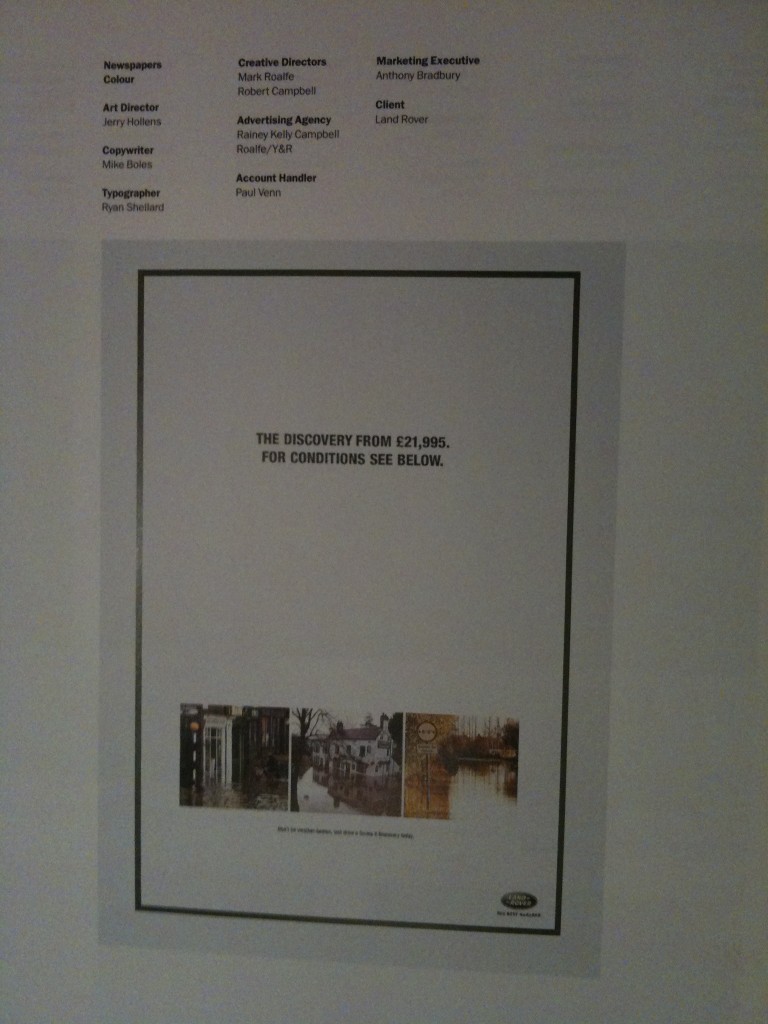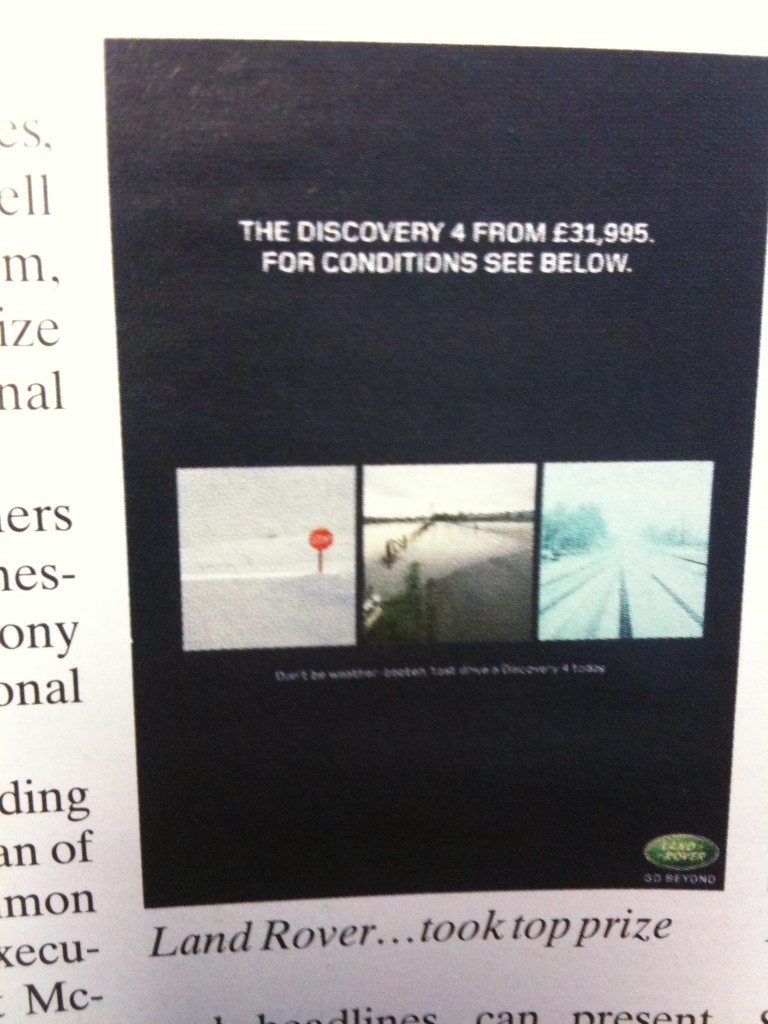weekkkekekkekekekeneneneeeeddededdde
The greatest gang fight of all time.
The saddest album covers of all time (thanks, K).
One of the greatest ads of all time (thanks, A).
I can’t get enough of these dubstep videos (check out the David Brent one):
What’s the difference between Britain, the UK and England/Scotland/Northern Ireland/Wales?
How to leave a Facebook comment (thanks, S).
If movie posters told the truth.
How long did Bill Murray spend in Groundhog Day hell (or heaven, depending on how you look at it. Very deep film, etc.)?
‘I say, ‘Mr Caribou, maybe you have to take one for the team’.’ All the Sarah Palinisms in one handy website.
And finally, the most illegal thing I’ve ever seen in the history of wrestling (thanks, N):
http://www.youtube.com/watch?v=DU4TDGlbTz8

